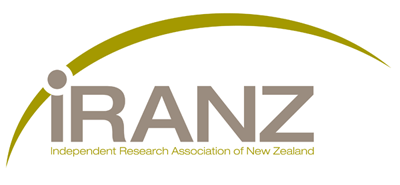Mātai: Effects of meth addiction on the brain - pilot study
Meth addiction is a major issue in our community, with meth use disproportionately high among the poor and disadvantaged. Image: Mart Production, Pexels.
Meth addiction is a major issue in our community, with meth use disproportionately high among the poor and disadvantaged. MRI has shown that methamphetamine addiction physically changes the anatomy, blood flow, and chemical make-up of the brain, but using MRI to study the effects of meth addiction and treatment efficacy is in the early stages of development.
At present, it is extremely difficult to assess the actual brain damage that is occurring in individuals who are addicted to methamphetamine use. It is also difficult to assess the effects of treatment on brain function and neuroinflammation.
New MRI techniques and applications to study the brain are continually improving. And while MRI has demonstrated that methamphetamine addiction physically damages the brain, some of these changes are potentially reversible.
At present, Mātai is undertaking a pilot study into using MRI in the study of meth addition. Following the pilot, the goal is to expand into a long-term programme that will assess the efficacy of various new and existing approaches to treatment. By better understanding the disease, new and personalised approaches can be used to assess brain health and to monitor treatment effectiveness.
Mātai's pilot study is supported by funding from the Fred Lewis Enterprise Foundation.
More information
Mātai, based in Gisborne-Tairāwhiti, is focused on enhancing the capabilities of medical imaging using new and advanced software, post-processing, and artificial intelligence. Find out more about Mātai.
Date posted: 6 July 2021

